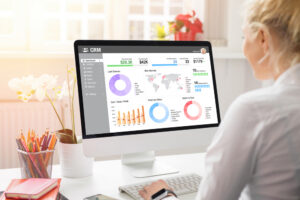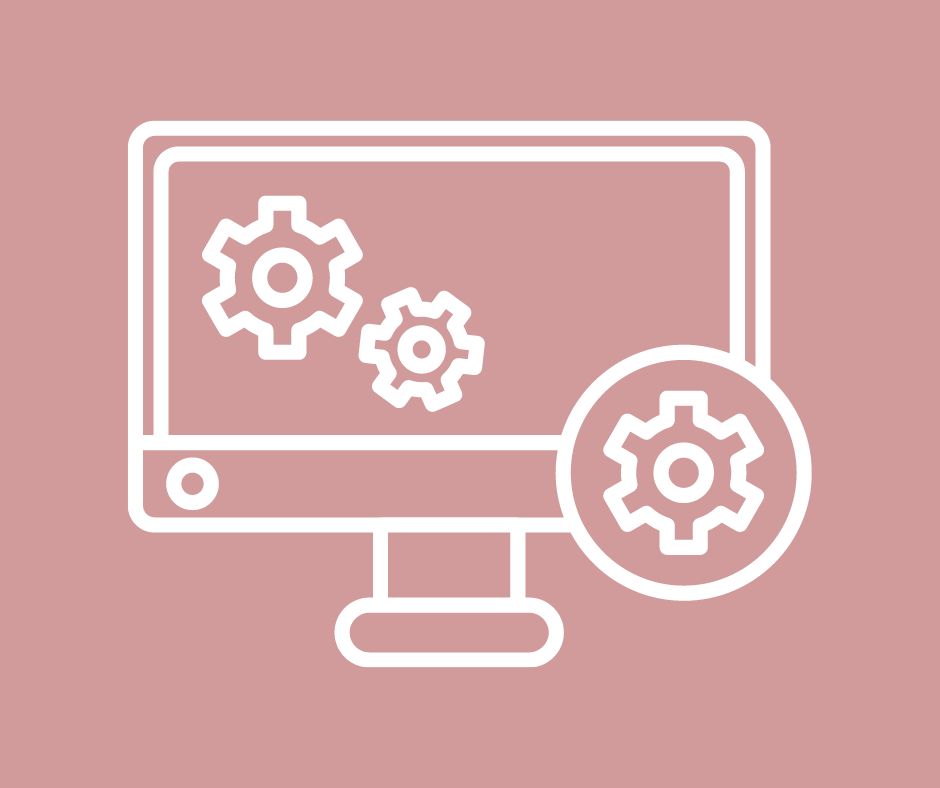You may be wondering what a domain registrar is. What is the definition of a domain registrar? In the most straightforward terms – a domain name registration service provider will help you buy and deal with your domain name. Let’s carefully look at what a domain registrar is.
The domain name is simply the address of an Internet website. For example, ours is SarahBlow.com.
If you wish to create a website, the address (domain name) is required, meaning you must connect with a domain registrar.
This guide explains what the domain registrar is, how to handle the domain name, and the differences between it and the domain registry, name host, and DNS system.

Domain registrar. What is it? Here are more details:
As I have mentioned, you must purchase and register your domain name in order for your business to have a domain name. You can get one from a domain registrar. Meaning, a person or company that can help you purchase and register your domain.
How do domain registrars operate?
The process follows a systemic protocol, which is ran by the highest level of non-profit authority and is called ICANN.
ICANN over looks domain registration. Your domain name is valid only after your domain name is entered into a central registry.
The purpose of domain registration is the management and maintenance of a domain name. This allows the opportunity to sell a domain name to a domain registrar.
To be a domain name registrar, you are required to certify with ICANN. With the help of it, you can take the public and sell to them through re-sellers or directly.
However, this is a suggestion. We strongly suggest that if you are looking for appropriate services, buy a domain name directly from the chosen domain registrar instead of buying from a re-seller.
Otherwise, it is essential to take note not all registrars provide a wide range of extensions. Domain extensions are suffixes that appear after domain names. These are things like .com, .du, and .org and national-specific extensions, like .en, .au, and .in.
For example, Verisign maintains .com domains. Therefore, if you want your website to be a .com domain , you must purchase it from the domain registration of the .com extension. The registrar notifies Verisign to retain the domain and pay in your name. The registrar contains this fee from the price charged to you.
Should you follow through with a one trick pony or a one stop store?
Today, many companies are developing hybrid models. In this model, they provide domain name registration services and hosting, data protection management, as well as domain transmission.
We recommend that you get the domain name through such a company, compared with those focusing solely on name registration. Else wise, you might need to pay additional fees to transfer the purchased domain name to the web host.
Typical Questions to domain name registrars
What is the amount of domain name registrars?
Internet Corporation has recognized the numbers and names of more than 4,000 domain name registrars, of which more s, and then cooperates alongside registrars to vend the domain name to the public.
Are the DNS and domain registrar the exact same?
No. A registrar technically is an operator who retains your domain name, DNS is a directory connecting your registered domain name to the website IP address.
How do domain registrars receive domains?
Registrars obtain domains from domain registries. For example, if you get a .com domain, you get your domain from the domain registry Verisign. They will take care of both registration and sale.
What is the cost of becoming a domain registrar?
You must pay a non-refundable fee of roughly $3,500, and then spend the annual certification fee of approximately $4,000.
Is there a free domain registrar?
Although some registrars provide free registration, the service is always limited. You’ll find a free domain in the high-end web hosting software package. You can be limited to a few well-known domain name extensions because of the domain registrar that was free.
Who your domain registrar is. Does it matter?
From legal point of view, who your domain registrar is doesn’t matter. Any ICANN-accredited registrar can sell the domain name to you. You can find names, contact details in the list of ICANN-accredited registrars.
Domain register and domain registry differences.
The domain registrar offers the domain name, and the domain registry is the database recorded by the ownership record of the domain registered in the top-level domain. The registry determines the name extensions, defines all the registration rule



